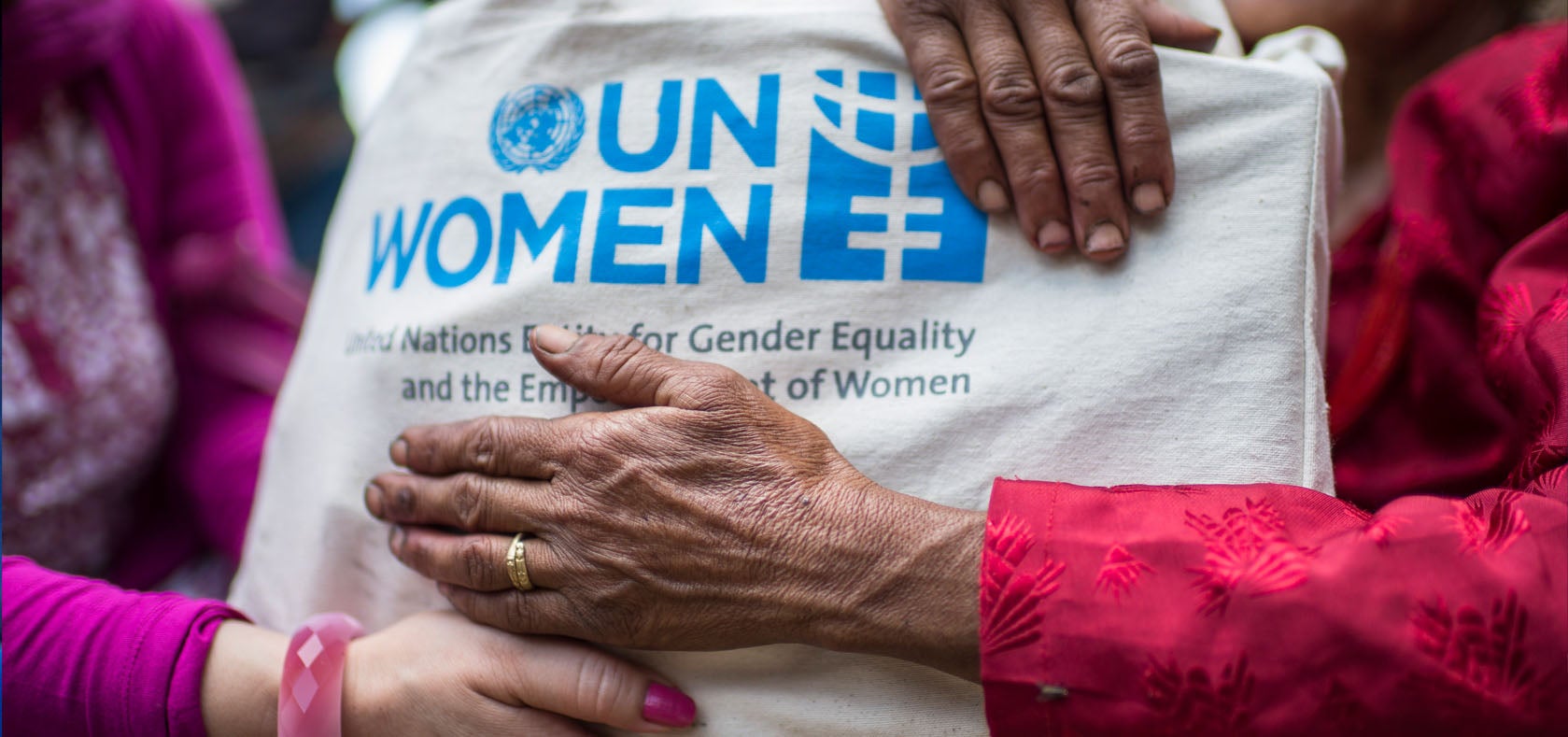Programme

Introduction
UN Women Nepal is committed to advancing gender equality and empowering women and girls across the country. Our programmes focus on enhancing women's leadership, economic empowerment, combating violence against women, and promoting peace and security. Through strategic partnerships and community engagement, we aim to create a more equitable and inclusive society.
Key Programmes
Women’s Economic Empowerment
Economic empowerment is vital for achieving gender equality. In Nepal, women face significant barriers in accessing economic resources. Our programmes focus on policy reforms and improving access to assets, such as land and credit. By supporting women in agriculture, care and informal sectors, we aim to create sustainable livelihoods and promote economic independence.
Transforming social norms and ending gender-based violence
Violence against women remains a critical issue in Nepal. UN Women is dedicated to reducing violence against women and girls including gender-based violence through strengthening legal frameworks and community engagement. We work with local partners to prevent gender-based violenceand advocate for societal change to eliminate harmful practices.
Climate Change and Disaster Risk Reduction
Due to prevailing gender inequalities and social norms, women and girls are disproportionately affected by climate change and disaster impacts. Yet their participation and leadership are critical for an all-of-society approach to building the resilience of families, communities and nations. We are working to generate evidence-based information on the gender impacts of climate change and disasters in Nepal, and to identify how gender equality and women's empowerment can be strengthened across climate change and DRR policies, institutions and projects.
Gender Responsive & Inclusive Governance
Women’s leadership is crucial for a thriving democracy. UN Women Nepal works to increase women's leadership and political participation in governance and electoral processes. We support initiatives that empower women to take on leadership roles, ensuring their voices are heard in decision-making at all levels. As women play a vital role in peacebuilding and conflict resolution, UN Women Nepal supports initiatives that promote women's involvement in peace processes and transitional justice. We work to implement the National Action Plan on UNSCR 1325 and 1820, ensuring women's contributions to peace and security are recognized and valued.
Success Stories
Our programmes have transformed the lives of many women in Nepal. For example, Rabina Pariyar’s journey from being ingrained to traditional practices of confining women to household duties to now motivating her daughters to study and to not make them feel inferior showcases the impact of our initiatives. Similarly, Dillu Gajmer's success in driving an e-rickshaw demonstrates the power of economic empowerment. These stories highlight the tangible outcomes of our work and inspire continued progress.
UN Women Nepal is dedicated to creating a future where women and girls can thrive. Through our comprehensive programmes and strategic partnerships, we are making significant strides toward gender equality.